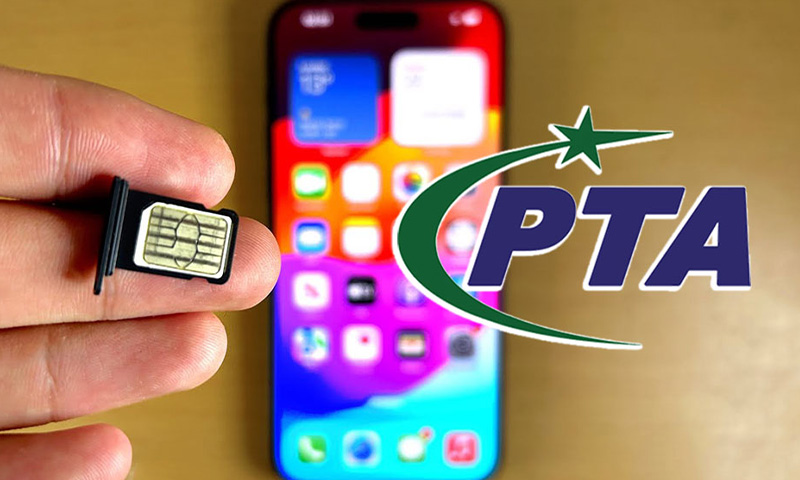- Web
- 7 Hours ago
Public questions 5G rollout, urges reducing ‘PTA taxes’ on smartphones
-

- Web Desk
- Nov 24, 2025

As Pakistan gears up for the launch of 5G services in 2026, social media platforms have erupted with debates over the high cost of smartphones and PTA approval charges. Many users are questioning the point of introducing 5G when the prices of compatible mobiles remain out of reach for most Pakistanis.
Under current rules, activating SIM services on imported phones requires payment of PTA approval charges, which, combined with existing taxes, can push high-end smartphones registration beyond Rs2 lacs. While there have been reports that the PTA may recommend reducing taxes on smartphones, no official decision has been made yet.
“Users are using non-PTA iPhones. If the tax payable is kept within reasonable limits, more people will shift to PTA-approved devices, which could help bring non-PTA iPhones into the approved zone,” a social media user commented.
Member of the National Assembly Syed Ali Kasim Gillani added that the issue is broader than luxury devices. He highlighted that reducing PTA charges is not only about elite consumers but about rational taxation that affects salaried and working-class citizens. Another user criticised the system as favouring the elite, pointing out that high taxes hit the middle class hardest.
Concerns have also been raised about local manufacturers allegedly exploiting tax benefits. Some brands reportedly assemble substandard phones locally to reduce costs, only to sell them at inflated prices, leaving a gap in affordable options. Users claim certain models that could be sold for Rs30,000 are marketed for Rs80,000, while cheaper alternatives are restricted to lower-spec devices.
The PTA has urged the government to reduce taxes on telecom sector components to ensure affordable devices ahead of the 5G rollout.
Prime Minister has tasked the Ministry of Information Technology and Telecom and the PTA to auction the 5G spectrum by February 2026. According to PTA data, Pakistan has 196 million mobile subscribers, including 148 million mobile broadband users, yet fewer than five per cent of devices are 5G-compatible.
Experts warn that without addressing high device costs, the public may be reluctant to adopt 5G. Upgraded smartphones are needed to access features like e-SIMs, NFC-based e-banking via barcodes, nano-banking, and wireless charging, but these require advanced chipsets and processors that will drive prices up.
Currently, around 40 per cent of mobile users rely on feature phones, and nearly 10 per cent of the population has no phone. The PTA maintains that reducing taxes on imported components and backend telecom equipment would not only make 5G adoption feasible but also expand internet usage and generate higher revenue through digital services.
As excitement builds around 5G, public frustration over pricing and taxes highlights the challenges Pakistan faces in making next-generation mobile services accessible to all.



